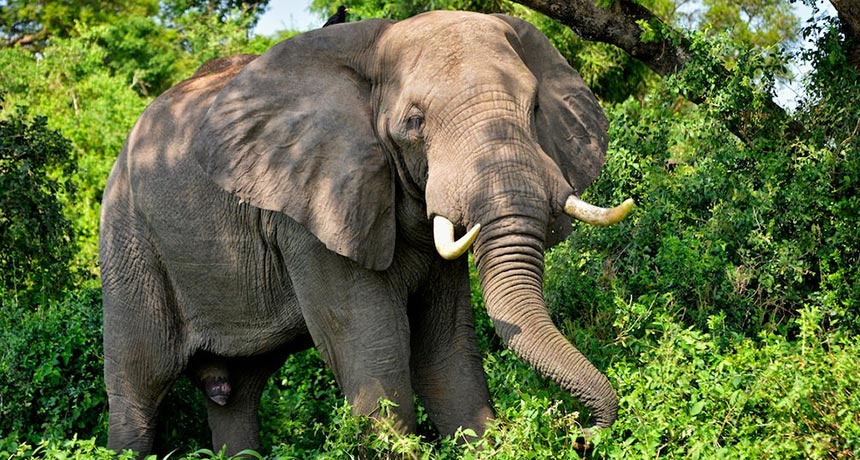
UK To Ban Ivory Sales
The United Kingdom(UK) is set to introduce “one of the world’s toughest” bans on ivory sales in a bid to protect elephants for future generations, the country’s Environment Secretary announced Tuesday.
The prohibition will introduce tighter legislation covering ivory items of all ages, save for a few limited exceptions, the government said.
The penalty for violating the ban could be up to five years in prison.
“Ivory should never be seen as a commodity for financial gain or a status symbol.
“The ban will demonstrate our belief that the abhorrent ivory trade should become a thing of the past.” Environment Secretary Michael Gove said in a statement.
The UK proposal is the latest move in the global fight against the ivory trade.
In 2016, the United States adopted a near-total embargo but exempted ivory items older than a century and containing less than 50% ivory, the UK government said.
China enacted its own ban on the sale of ivory products at the start of the year, but it exempts ivory “relics”, according to the British government.The United Kingdom claims its ban is stronger. China has long been one of the world’s biggest markets for ivory, but as of 2018 all trade in ivory and ivory products in the country is illegal. The move is being hailed as a major development in efforts to protect the world’s elephant population.
Wildlife campaigners believe 30,000 African elephants are killed by poachers every year.
State media said there had already been a 65% decline in the price of raw ivory over the past year. There had also been an 80% decline in seizures of ivory entering China, said Xinhua. The ban was announced last year and came into effect on Sunday, the last day of 2017. Sixty-seven official factories and shops dealing in ivory had already been closed by March 2017, said Xinhua, and the remaining 105 were to have shut down by Sunday.
“From now on, if a merchant tells you ‘this is a state-approved ivory dealer’… he is duping you and knowingly violating the law,” the forestry ministry said on its Weibo microblog.
Xinhua said “one of the largest ever public awareness campaigns” had been carried out in the run-up to the ban, with support from celebrities including superstar basketball player Yao Ming.
